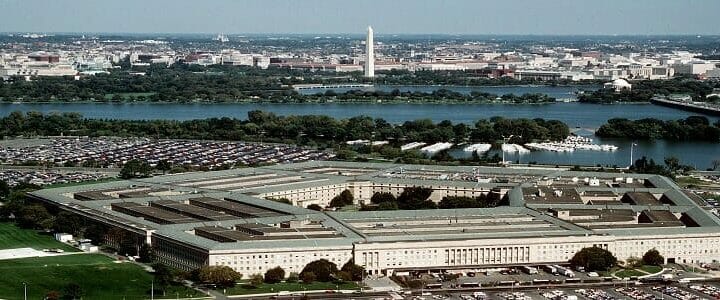Defense contracts play a vital role in national security. When the government needs to field equipment quickly or provide a service efficiently, defense contractors step in to provide what’s needed. The Defense Contract Management Agency (DCMA) helps these product and service providers get the products and services needed to help the warfighter fight to win. With supply chain security critically important, the role of managing, overseeing, and issuing contracts has perhaps never been more important.
The Defense Contract Management Agency Mission
As a product delivery organization, they manage product and service contracts from the pre-award stage all the way through the sustainment phase for the Department of Defense and other federal agencies. In a nutshell, they are responsible for the production and delivery of equipment that military members need to fight, survive and win today’s and tomorrow’s battles whether on land, in the air or at sea. DCMA’s 12,000-strong, predominantly civilian workforce can be found in offices and facilities of defense contractors that have been awarded contracts here in the U.S and internationally.
Contract Management
Led by a navy vice admiral, they manage around 350,000 contracts worth an estimated $5 trillion that have been awarded to 19,000 companies. As some contracts end, others are just starting – to the tune of approximately 1,000 new contracts each day; they also authorize around $650 million in payments daily.
“Every day our team delivers more than a million and a half items – from fighter jets to fasteners – to our warfighters.” – DCMA website
Working for DCMA
Because DCMA actively recruits veterans, they have a Veterans Recruitment Appointment Authority (VRA) that enables them to hire eligible veterans through the GS-11 level without having to go through the competitive process. After two years of successful employment, the DCMA must convert VRA-hired employees to permanent career appointments. Eligibility to be hired under VRA include:
- Disabled veterans – Note, veterans with a 30% or more service-connected disability rating could also be hired under a special hiring authority called the SCDVA.
- Veterans that were on active duty during a campaign or expedition for which they were awarded a campaign badge
- Veterans who have been awarded an Armed Forces Service Medal
- Or recently separated veterans
At any one time, DCMA usually has entry-level positions open in the following areas:
- Computer Programming and IT
- Contracting
- Engineering
- Industrial Operations
- Industrial Property Management
- Management and Program Analysis
- Quality Assurance
- Safety and Occupational Health
For eligible veterans with the education, training or experience in the following fields, they can hire them under their Expedited Hiring Authority (EHA):
- Accounting
- Business Administration or Economics
- Computer Programming or Information Sciences
- Contract Law
- Engineering, Physics, or other sciences
- Finance
- Liberal Arts
- Management
- Manufacturing Technologies
In addition to the previously noted eligibility requirements, all veterans must also have been separated from military service with at least a general discharge or higher, be a U.S. citizen, and able to pass a security clearance background investigation to access classified information at the level required by the position.
Whether you are looking for an entry-level job or are trained and experienced and looking for a better job that pays competitive salaries and has great benefits, DCMA could be the company you are looking for. And because they are a federal agency, military time counts towards retirement and leave accrual.
Whether you’re a veteran or a civilian looking for a mission-first organization with great benefits and a strong culture, DCMA is a place to look. The need for qualified professionals to help the government manage its contracting mission will never go away, and only grows in importance in locations across the globe.



